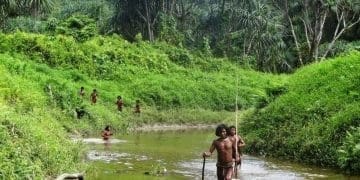The essential and gorgeously diverse array of life on Earth is disappearing fast. That’s a tragedy of Shakespearian proportions*, as a future planet without teeming lifeforms would be both desperately dull* and unlivable for humans.
One global body has immense power in whether we turn this travesty around. The Convention on International Trade in Endangered Species, aka CITES, is the UN body that decides whether trade in wildlife species at risk of disappearing is allowed or not.
In a nutshell, CITES is a global agreement between most of the world’s governments that holds the fate of around 38,000 of the most threatened species on the planet in its hands. Its primary purpose is meant to be ensuring that trade doesn’t drive species to extinction, but if CITES were a person it would have been fired by now for gross incompetence*.
For example, African lions are declining rapidly, with as few as 13,000 of them estimated to be left in the wild. But CITES chooses not to include them in the list of species needing the highest protections. CITES does include minke whales* on that list, which means that, except in the rarest of circumstances, no-one is allowed to trade them commercially. Yet the body stands by and does sweet FA as countries like Norway do exactly that.
CITES also effectively exempts trophy hunting, aka killing for kicks, from trade restrictions, by classifying the so-called sport as ‘not commercial’ – despite the fact that it’s an industry drowning in blood-soaked cash. Oh, and a catastrophic global pandemic that likely originated in the wildlife trade has happened under CITES’ watch.
The UN body has also recently been hit with two legal challenges, on behalf of the filmmaker and author Karl Ammann. The legal complaints are over the trading of elephants and chimpanzees to China. The cases allege numerous violations of CITES wildlife trading rules and paint a picture of a system that’s rife with corruption, rule-bending, and fraud.
Coordination of the global wildlife trade involving most of the world’s governments is understandably no easy task. But given the clear and present danger the wildlife trade poses to the world’s remaining species, and the continuing livability of the planet, CITES needs to operate like a tight ship. Right now, unfortunately, it’s about as fit for purpose as the Titanic.









